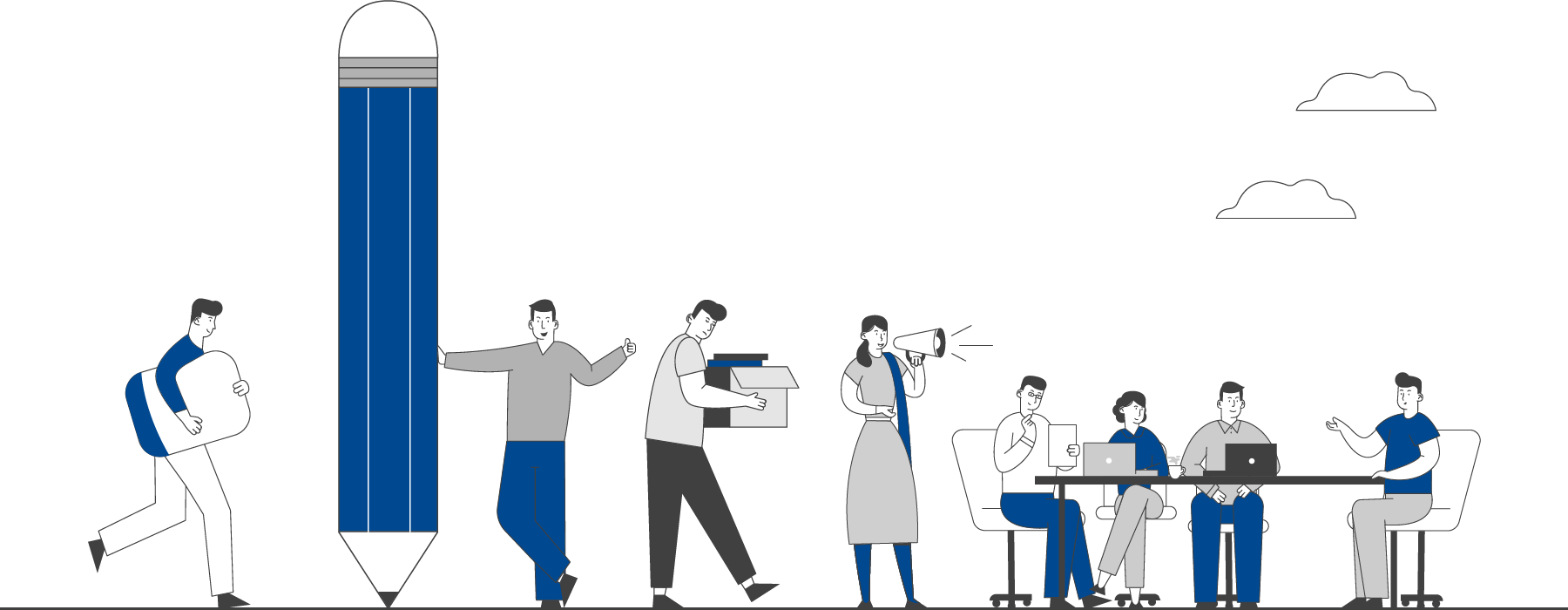

This section presents actionable insights for practitioners from our collaboration of experts.
Analysis
FILTER
BY CATEGORY
View All
Task Shifting of HIV Screening in Marginalized Communities
25 Jun 2020by Catherine Cove 5 min read
In a small office on a busy road in north-western Bangalore, health workers from Swathi Mahila Sangha (SMS) congregate to participate in a monthly training session.
SMS is a community organization for women in sex work (WISW) focused on providing community members with improved access to critical resources and services. In order to promote HIV treatment and prevention, SMS is implementing the MITHR program: A community-led model for providing on-site HIV screening and counseling services to high-risk groups. The MITHR program technology is minimally invasive and provides results within 20 minutes, which makes it a valuable tool to use in the field, where 90% of HIV screenings in the program take place. A young woman arrives at the office escorting a friend she brought in for screening. The young woman’s name is Lakshmi* and she has been a member of SMS for a year and a half, during which she became a strong advocate of HIV screening in her community. She describes how she used to have a strong fear of HIV screening because of the implications of testing positive. Lakshmi refused to screen the first two times it was offered, and agreed the third time, once she had become comfortable with SMS and was encouraged by her friend. She has now successfully convinced six of her friends to join SMS and undergo HIV screening. In the WISW community, community linkages such as these play an important role, as many women are convinced to undergo screening because they have been persuaded by fellow community members. In this vein, SMS decided to undergo the process of task shifting of HIV screening to members of the WISW community. Task shifting is defined by the World Health Organization (WHO) as “a process of delegation whereby tasks are moved from highly specialized to less specialized health workers.” In recent years, task shifting has been viewed as a cost-effective solution to the common shortages of qualified medical personnel in many developing countries. The WHO and other thought leaders in public health have officially recommended the process as one that has the potential to catalyze results in the field of community health. The main benefit of this method, in addition to the cost-saving gains, is that community workers are often more in touch with the communities they serve than medical professionals at nearby health facilities, which makes them better positioned to deliver services. At SMS, HIV screening has traditionally been conducted by professional counselors. Now, however, the organization is working to shift that task to members of the WISW community who will carry out the screenings instead. HIV testing in the WISW community provides a key example of where task shifting has the potential to have a major impact. At SMS, there is already one WISW who has been trained to conduct HIV screenings, and she has been successful in her new role thus far. HIV is a disease associated with significant stigma, and for those who are members of already marginalized communities, the implications of this stigma are even more potent. It is unsurprising that many WISWs avoid screening out of fear. Having a fellow community member conducting the screenings increases trust in the screening process, and if there is trust, the women are more likely to encourage their friends to take part as well. Lakshmi, the community member who persuades her friends to undergo screening, is supportive of this transition. When Lakshmi meets other WISW, she convinces them to get tested by sharing her own experience and by building trust. She is able to tell her fellow community members that she faces the same challenges that they do, understands the same realities and risks of the profession, feels the same fears and hesitations that they have, and yet she has elected to undergo screening. That narrative sends a powerful and convincing message. A message that health workers outside the community do not have the ability to convey.
At SMS, task shifting has already shown promising results and may make great strides towards overcoming these barriers, but the work of HIV screening is challenging, emotionally stressful and unrelenting. Provided with support and resources, WISW screeners may thrive and forever change the way community health in this marginalized community operates, but only time will give us a definitive answer.
(All names have been changed)
Catherine Cove works on Public Health and Program Evaluation at Swasti Health Catalyst.
Categories
For implementers

 EXPLORE DATA
EXPLORE DATA 



























